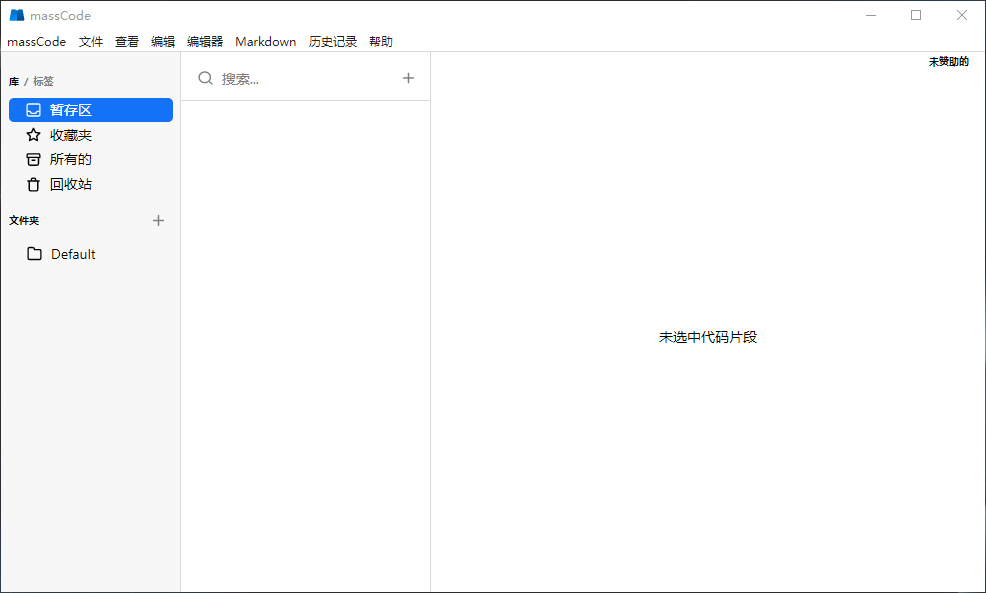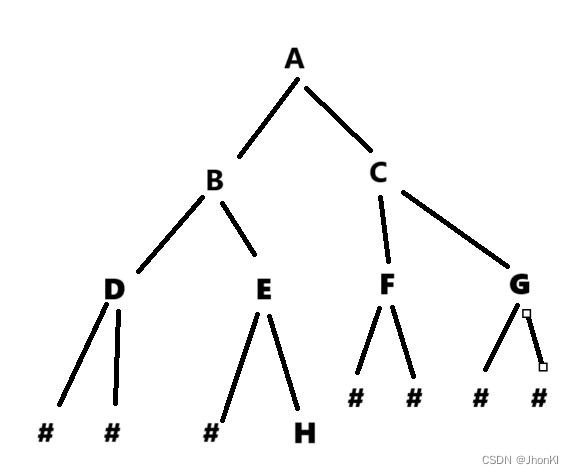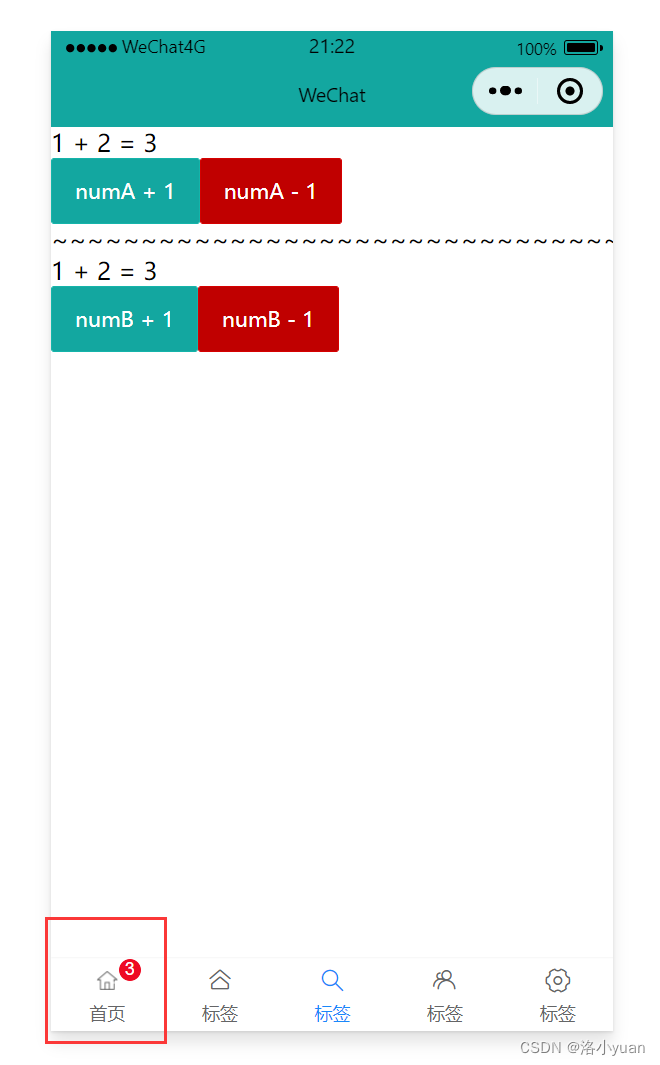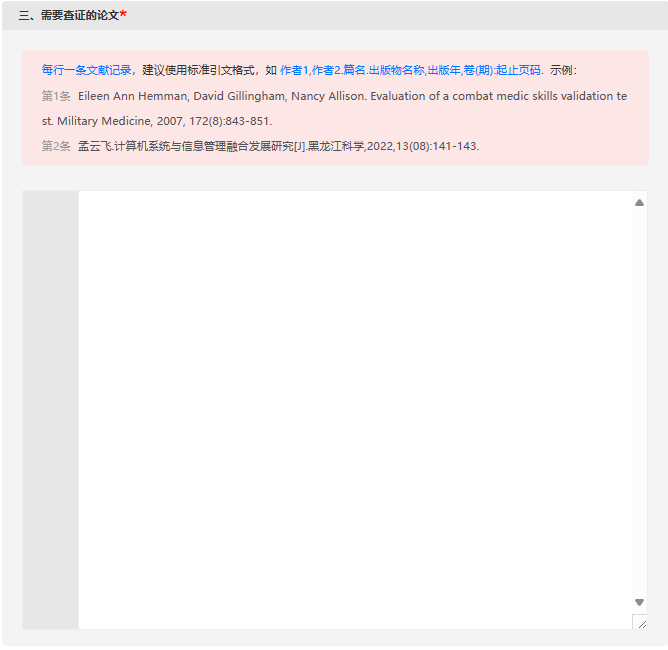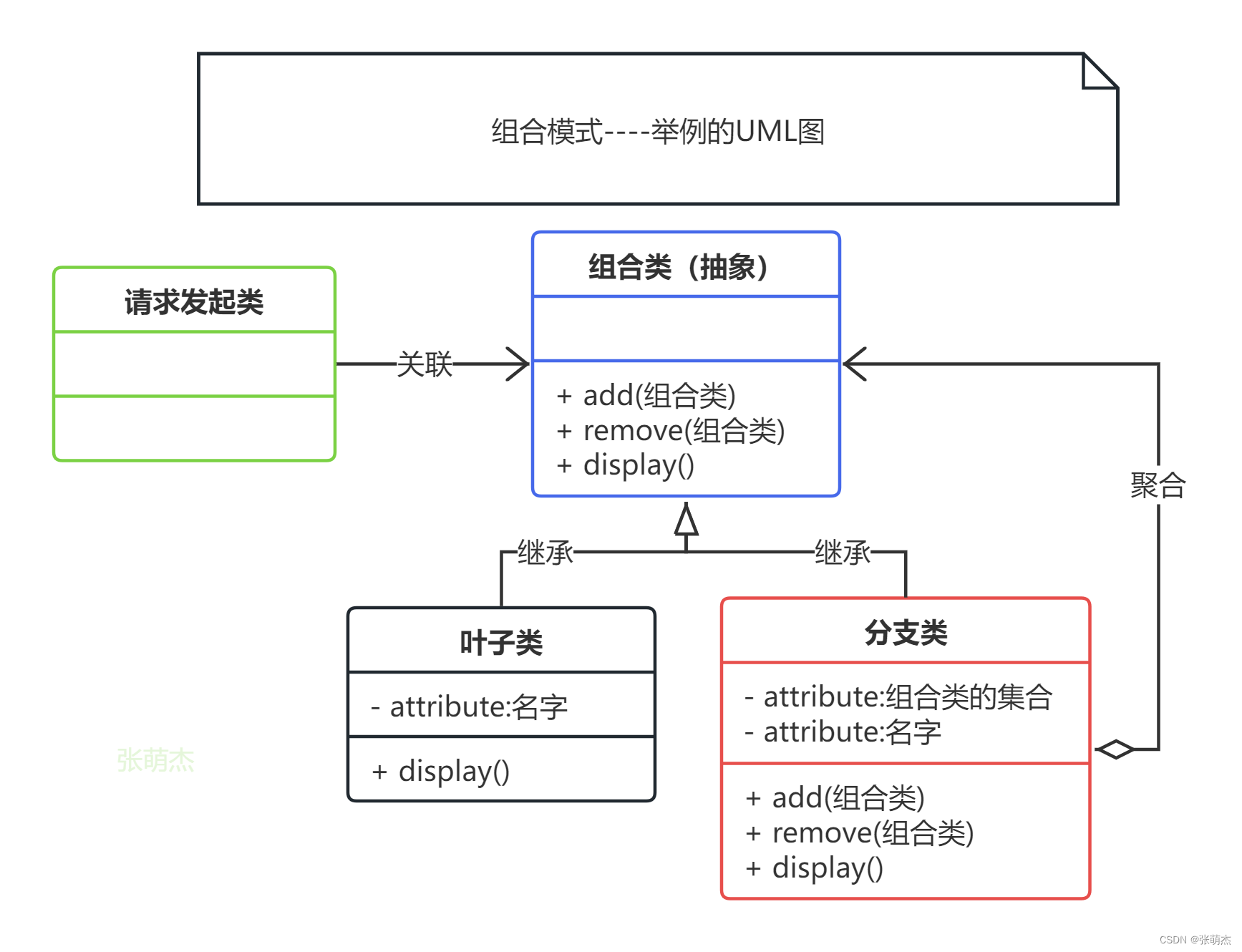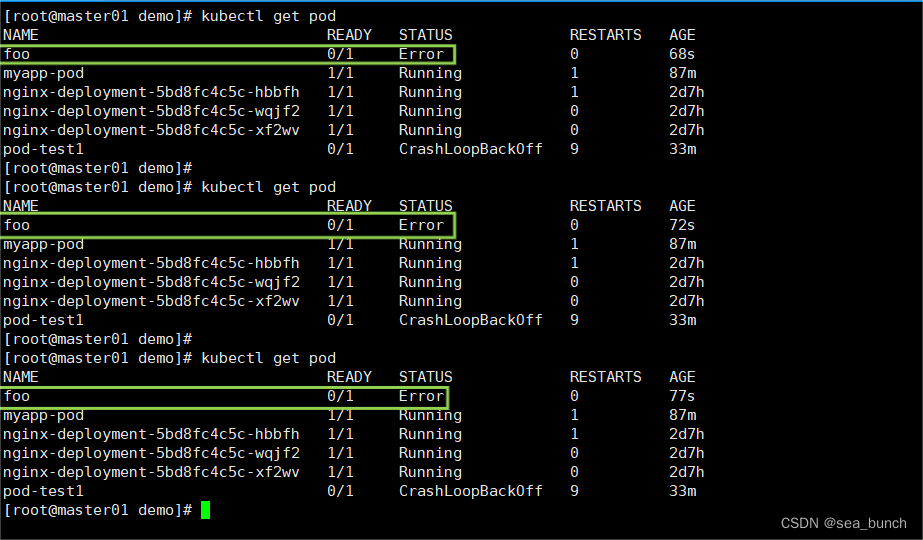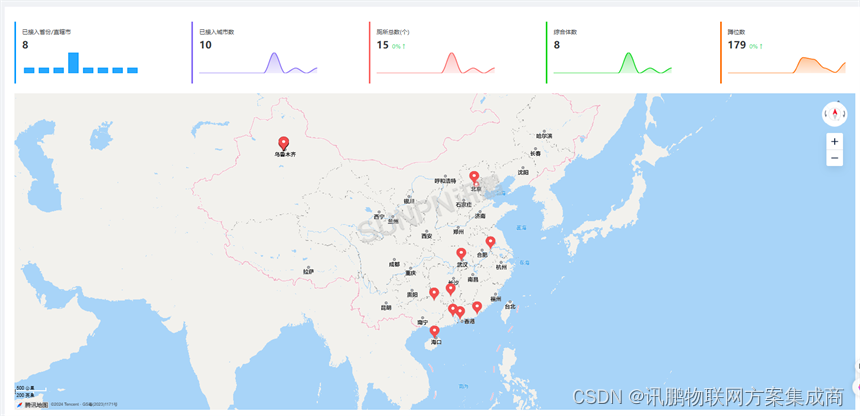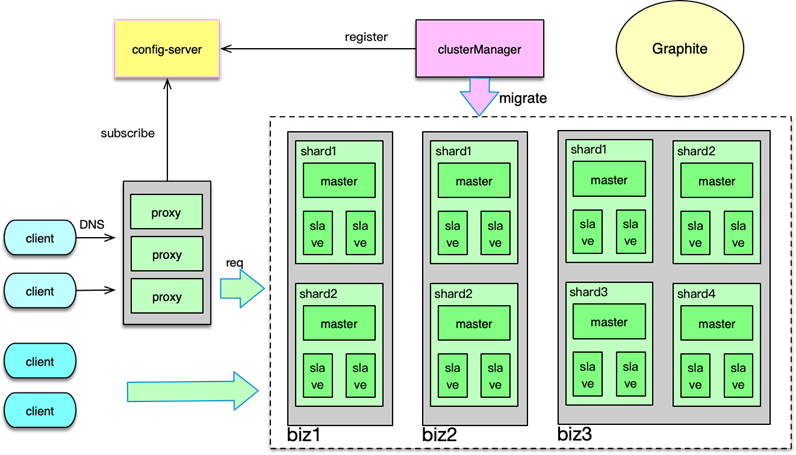匿名管道的通信只能在,有血缘关系的进程中,本质就是,子进程会拷贝一份父进程的文件描述符表,父子进程就可以看到操作系统的同一块资源(文件),以这块资源为媒介进行通信。
命名管道,就是以路径为标识符,让两个不相干的进程,看到同一块资源(文件),以这个文件进行通信。
管道文件
mkfifo fifo 创建一个名位fifo的管道文件
这个是LINUX命令,还有个系统调用也叫mkfifo

文件的类型为p,pipe管道的意思,ubuntu为了标识管道文件,特地在文件后边加了一个|
一个文件是 文件的内容 + 文件的属性,但是管道文件是没有内容的,他只有缓冲区。
像匿名管道就是先写到缓冲区,再刷新到文件中,在读取到缓冲区,才能被读端读到。
命名管道,直接就可以使用缓冲区进行通信,不用再刷新到文件中。
系统调用mkfifo
![]()
pathname就是要创建的文件名,mode就是要创建文件的权限。

创建一个名为pathname,特殊的先进先出的文件。mode指定FIFO文件的权限。创建文件的权限被进程的权限掩码所影响,被创建文件的权限是(mode& ~umask)

创建成功返回0,创建错误-1返回,错误码被设置。
ClintServer通信
先打开服务端,创建一个命名管道,打开客户端,客户端向服务端发送信息,服务端读取,服务关闭删除管道文件。
//common.hpp
#pragma once
#include <iostream>
#include <string>
#include <string.h>
#include <sys/types.h>
#include <sys/stat.h>
#include <cerrno>
#include <unistd.h>
#include <fcntl.h>
using namespace std;
#define path "./fifo"//文件的名称
#define mode 0666 //创建文件的权限啊
class fifo
{
public:
fifo()
{
umask(0);//为了不守系统的umask影响
int ret = mkfifo(_path.c_str(),mode);
if(ret == 0)
{
cout<<"mkfifo sucess"<<endl;
}
else if(ret == -1)
{
cout<<"mkfifo fail,errno:"<<errno<<"errstirng:"<< strerror(errno)<<endl;
}
}
~fifo()
{
int ret = unlink(_path.c_str());//删除管道文件
if(ret == 0)
{
cout<<"unlink sucess"<<endl;
}
else if(ret == -1)
{
cout<<"unlink fail,errno:"<<errno<<"errstirng:"<< strerror(errno)<<endl;
}
}
private:
string _path = path;
};
//客户端
#include"Common.hpp"
//客户端写
int main()
{
int wfd = open(path,O_WRONLY);
if(wfd != -1)
{
cout<<"open scuess"<<endl;
}
else
{
cout<<"open fail,errno:"<<errno<<"errstirng:"<< strerror(errno)<<endl;
}
string in;
while (true)
{
cout << "Please Enter Your Message# ";
getline(cin,in);
if(in == "quit")
{
cout<<"quit now"<<endl;
}
size_t n = write(wfd,in.c_str(),in.size());
if(n < 0)
{
cout<<"write fail,errno:"<<errno<<"errstirng:"<< strerror(errno)<<endl;
break;
}
}
close(wfd);
return 0;
}//服务端
#include"Common.hpp"
//服务端读
int main()
{
fifo f;
int rfd = open(path,O_RDONLY);
if(rfd != -1)
{
cout<<"open scuess"<<endl;
}
else
{
cout<<"open fail,errno:"<<errno<<"errstirng:"<< strerror(errno)<<endl;
}
char buffer[1024];
while(true)
{
size_t n = read(rfd,buffer,sizeof(buffer)-1);
if(n > 0)
{
buffer[n] = '\0';
cout<<"clint say:"<<buffer<<endl;
}
else if(n == 0)
{
cout<<"clint closed serve quit now"<<endl;
break;
}
else
{
cout<<"read fail,errno:"<<errno<<"errstirng:"<< strerror(errno)<<endl;
break;
}
}
close(rfd);
return 0;
}



